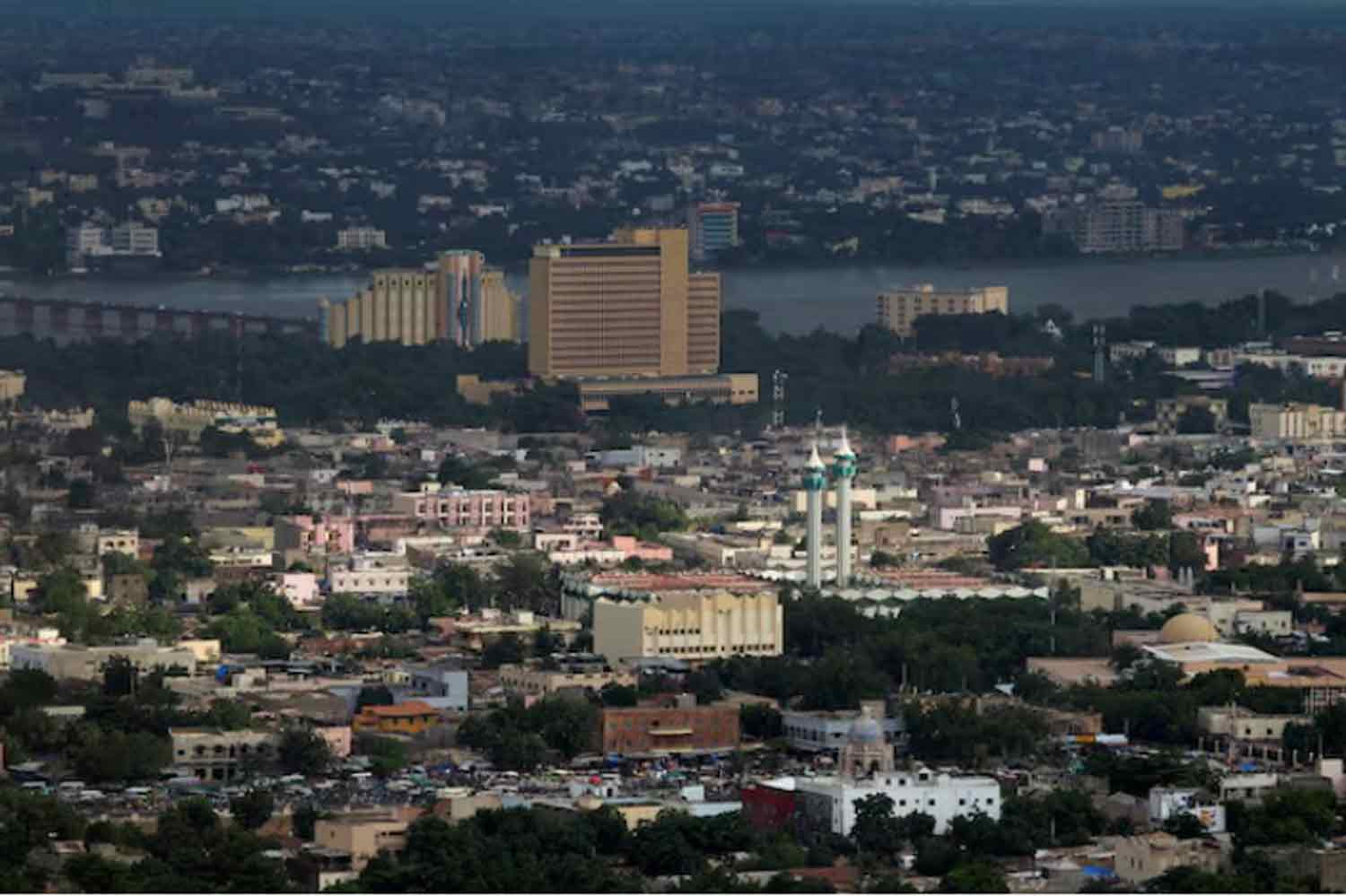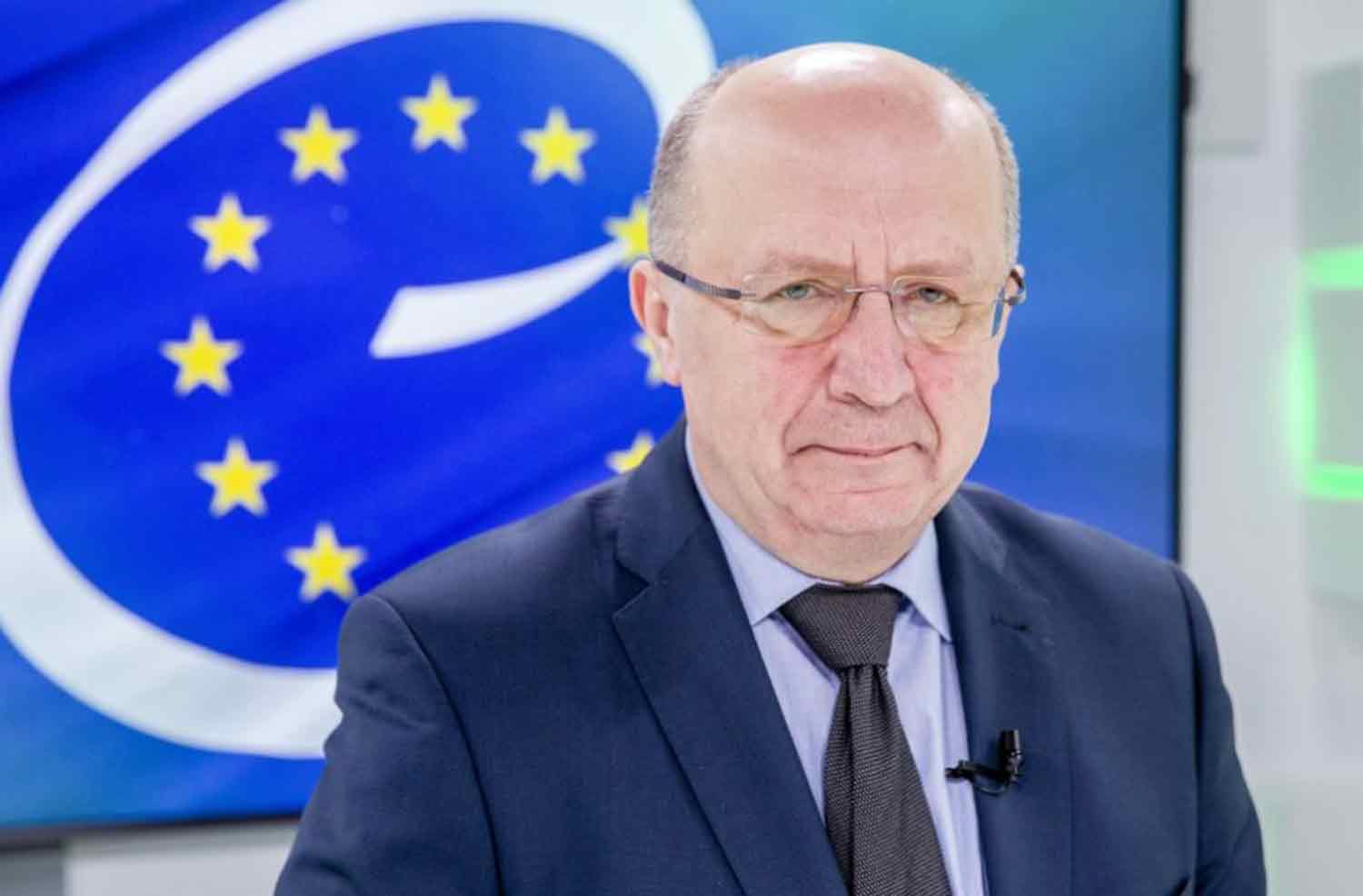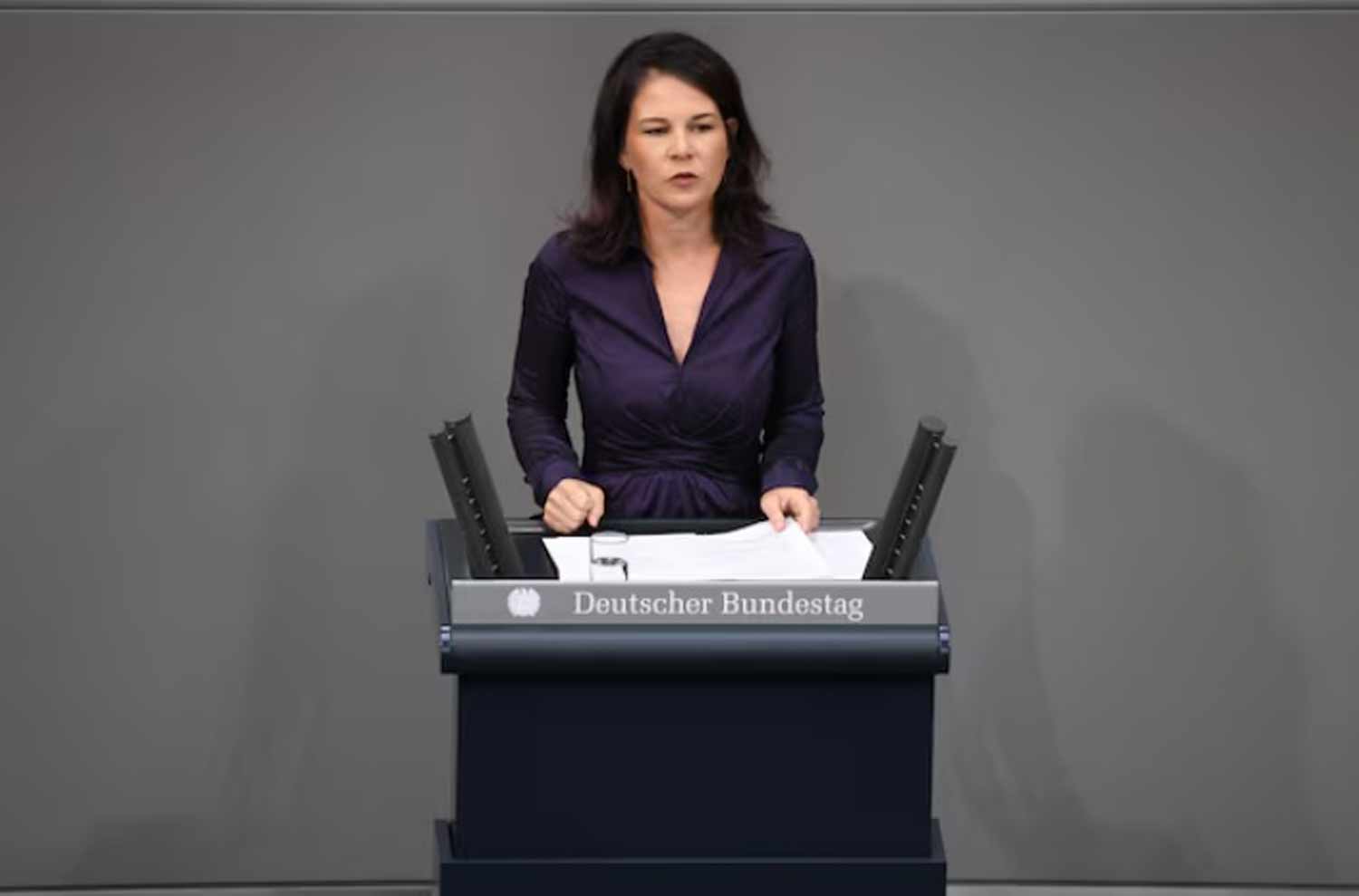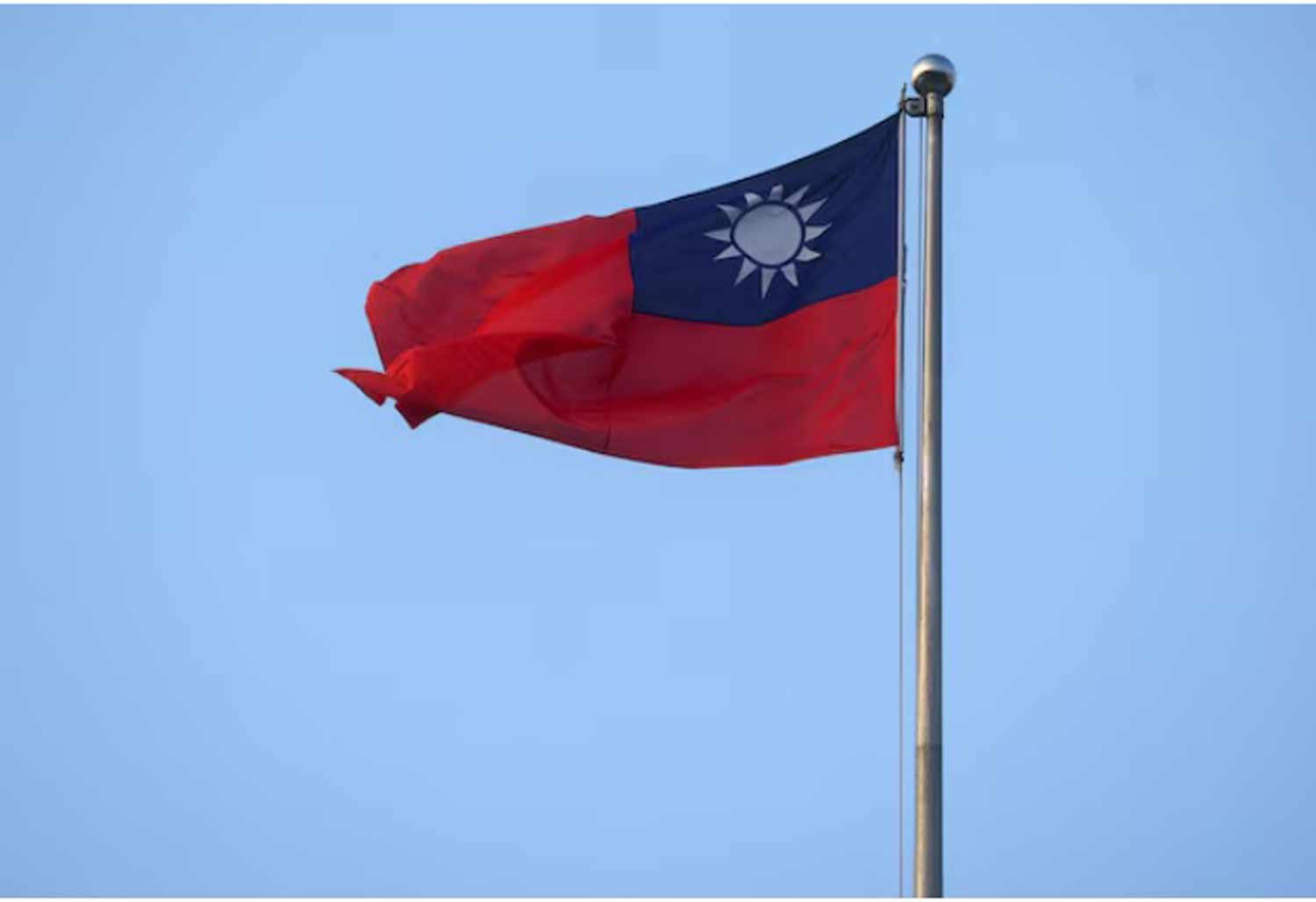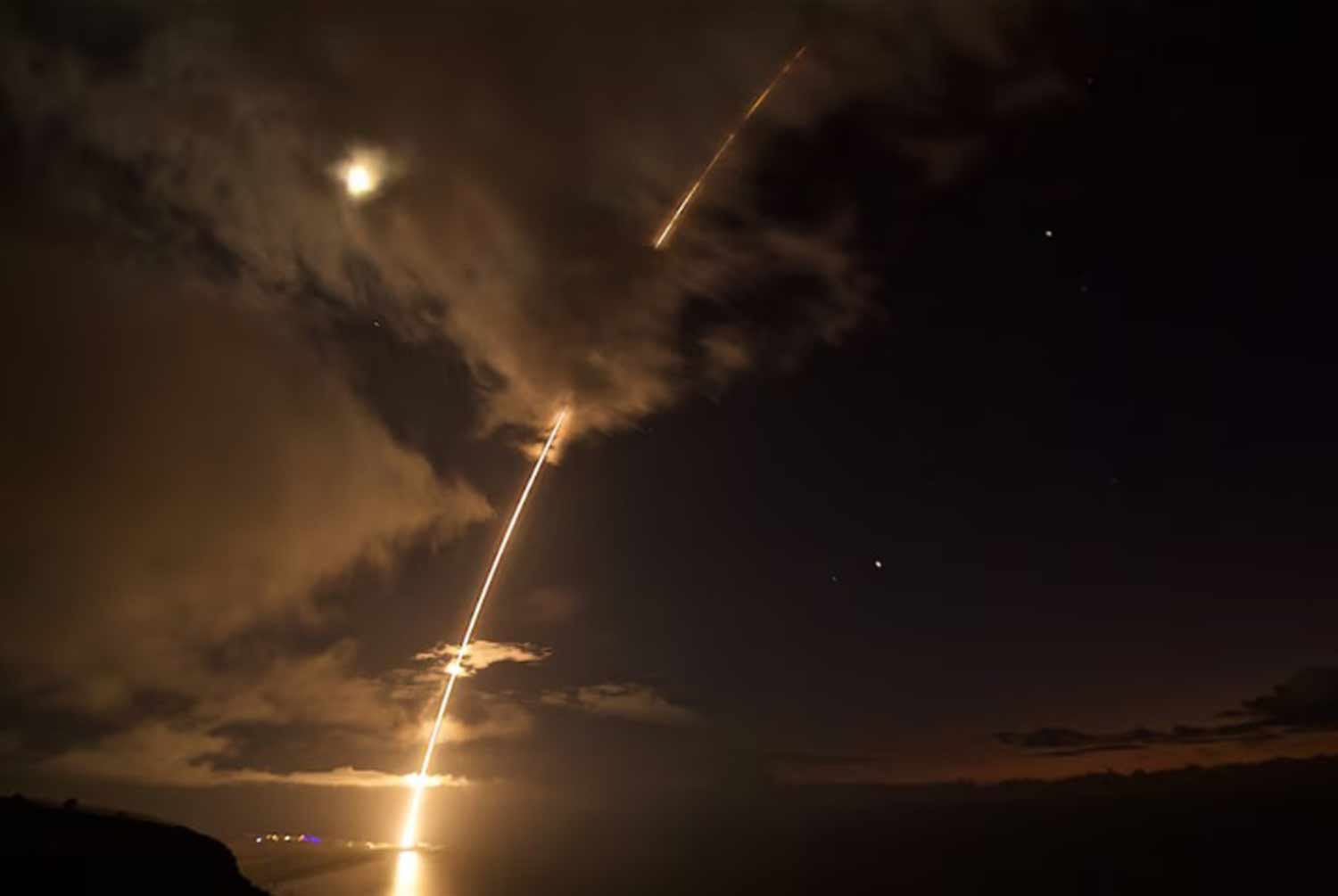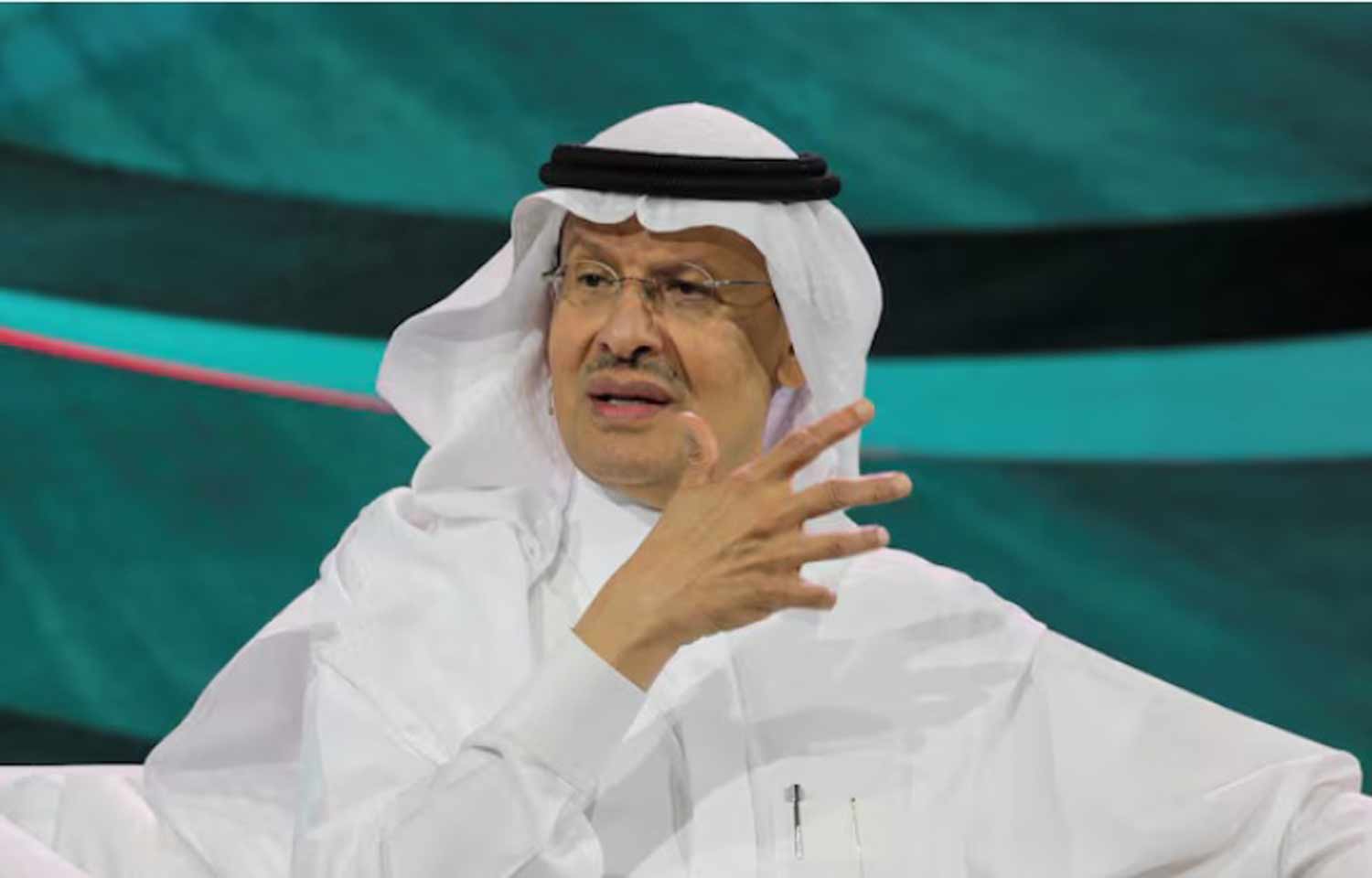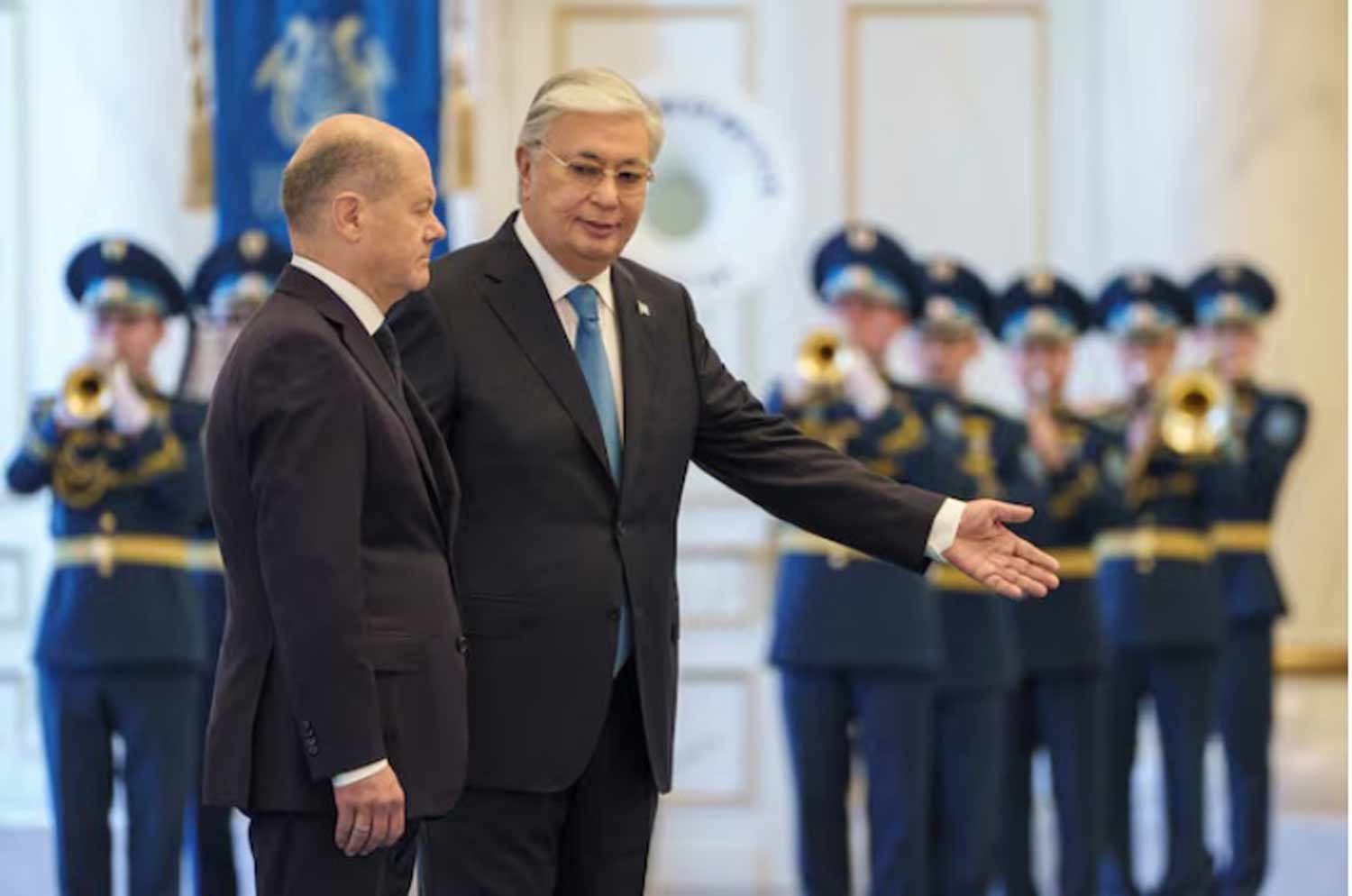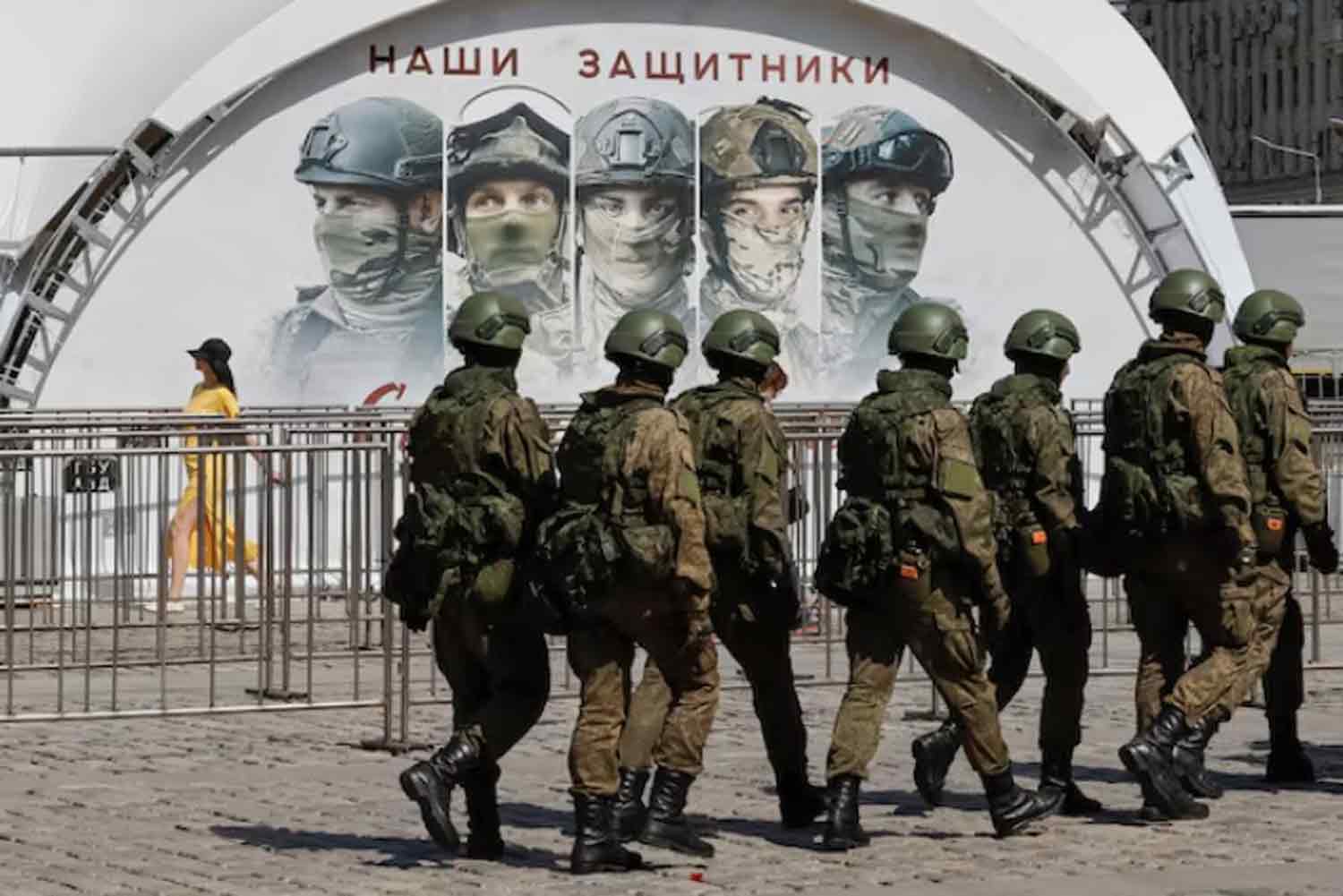Russia and Iran are experiencing heightened tensions in the South Caucasus, primarily due to a proposed transportation route known as the Zangezur corridor.
Russian officials, including Foreign Minister Sergey Lavrov, have recently voiced their support for this corridor, which aims to connect Azerbaijan and its exclave Nakhchivan to Russia and Turkey, circumventing Armenian checkpoints and creating a new link between Asia, Europe, and the Middle East.
Iran perceives this initiative as a strategic threat and an infringement on its territorial integrity. On September 3, the newly formed reformist government in Tehran extended an invitation to Russian Ambassador Alexey Dedov to discuss these concerns. A senior Iranian foreign ministry official, speaking anonymously, stated, “While we did not officially label it a ‘summoning,’ the direct nature of the meeting conveyed a clear message to Moscow regarding our dissatisfaction and the contradiction in our positions.”
The Zangezur corridor is set to traverse Armenia’s Syunik province, but the Azerbaijani government in Baku seeks full sovereignty over the route, a notion that Iran opposes, viewing it as a potential alteration of its borders, which it cannot accept.
The Iranian foreign office representative underscored that the government maintains a strong position that the corridor should remain under Armenian authority. “If not, we risk losing our border with Armenia,” he stated.
Tensions along the northern border have escalated. The concept of the Zangezur corridor gained traction following Azerbaijan’s success in the 2020 Nagorno-Karabakh conflict, which significantly shifted the geopolitical landscape along Iran’s northern frontiers.
For thirty years, this mountainous region was governed by Armenia until Azerbaijan, aided by advanced weaponry from Turkey and Israel, took control.
This realignment of regional power dynamics has caused considerable concern for Iran, which fears the implications of the Russian-backed settlement on its national interests.
As Russia becomes increasingly involved in support of Azerbaijan, Iran’s new president, Masoud Pezeshkian, is set to meet with Russian President Vladimir Putin at the upcoming Brics summit, commencing on 22 October in Kazan.
The summit is being closely monitored in the West for signs of collaboration between Moscow and Tehran. US Secretary of State Antony Blinken remarked last week that Russia had received ballistic missiles from Iran, which it might deploy in Ukraine soon, a claim that Iran has refuted.
The Iranian foreign ministry representative acknowledged that the encounter between Pezeshkian and Putin is expected to be amicable.
“Given that this will be their inaugural meeting, they will likely prioritize agreements over disagreements,” he noted. “We aim to preserve our relationship with Russia, which is why we approach it with caution. At times, we accommodate their requests, and at other times, we do not.”
The source provided an example to illustrate this balance: “Despite Moscow’s pressure, Tehran has consistently declined to align with Russia in international forums regarding matters such as Abkhazia and Crimea.”
Emphasizing Tehran’s steadfast position on the corridor, he stated: “As the supreme leader has reiterated, our border with Armenia must remain secure, and any corridor must be established with this principle in mind… Our military force will only be mobilized in response to any efforts to disrupt Iran’s border with Armenia.”
“Our influence in the Caucasus is extensive. We have a deep historical and cultural connection to the region. This is our territory,” he remarked.
Iran lost control of several Caucasus regions in the early 19th century due to conflicts with Russia, which included present-day Azerbaijan, Georgia, Dagestan, Armenia, and parts of Turkey. The treaties that resulted in the loss of these territories continue to provoke resentment among Iranian nationalists and are frequently referenced to criticize unfavorable agreements.
The relationship between Iran and Azerbaijan has often been strained. Baku’s amicable ties with Israel represent a significant point of contention, while both nations have accused each other of espionage and acts of terrorism.
Nonetheless, the Iranian foreign ministry representative highlighted that for three decades, Iran has facilitated a transit route through its territory connecting Azerbaijan to Nakhchivan, which are separated by Armenia (and Iran).
“The Islamic Republic advocates for the unblocking of transit routes in the region,” the representative stated to MEE, “with a strong emphasis on upholding the territorial integrity, sovereignty, and jurisdiction of the involved nations, while also safeguarding the mutual interests of all regional stakeholders. This is in line with Armenia’s ‘Crossroad of Peace’ initiative.
“The remarks made by the Russian foreign minister were aimed at Armenian officials. This indicates the rising tensions between Russia and Armenia,” the representative noted.
As Armenia moves further away from Russian influence, Moscow is attempting to assert its presence in the Caucasus by emphasizing the corridor issue.
In lieu of Zangezur, Iran is reportedly advocating for enhancements to the Aras corridor, which links Azerbaijan to Nakhchivan, according to a foreign policy expert connected to the Iranian foreign ministry.
“Following Azerbaijan’s recovery of its territories from Armenia during the 2020 conflict, this route has been shortened. In light of these new developments, Iran has initiated efforts to upgrade, modernize, and expand this roadway,” the policy advisor stated.
“By enhancing the Aras corridor, Iran aims to facilitate access not only for Azerbaijan but also for other nations. This corridor could potentially integrate into a larger East-West route, or Middle Corridor, that would connect Russia and China, traverse Central Asia, the Caucasus, Iran, and Turkey, and reach Eastern Europe and the UK.”
In an interview with MEE, a reformist media analyst and foreign policy expert noted that these changes are perceived in Iran as a precursor to an increased Israeli and Western presence along its borders.
The analyst contended that this situation would also bolster the Turkic world, which poses a threat to Iran’s national identity. Furthermore, restricting Iranian access to Armenian territory would ultimately hinder Iran’s connectivity to Europe, representing a significant strategic challenge.
He emphasized that the interests of Russia are increasingly conflicting with those of Iran.
The pursuit of natural resources and financial opportunities in the Gulf by Russia and China has led them to favor the UAE over Iran in the dispute concerning three Gulf islands. Additionally, Russia is working to curtail Iran’s access to European oil and gas markets, from which Iran has been excluded following the invasion of Ukraine.
The foreign policy analyst noted that Russia’s conflict with the West has led to its dependence on secure transit routes through the South Caucasus. This situation is further complicated by Russia’s interest in controlling Armenia’s Syunik province, which intensifies its strategic rivalry with Iran.
An Iranian conservative analyst contended that the United States and NATO are seeking to enhance their influence in the region via Turkey and Azerbaijan. Given Iran’s tense and adversarial relations with the West, collaboration in the South Caucasus appears highly unlikely. Meanwhile, Russia’s attempts to counter NATO’s presence may inadvertently support the objectives of the Atlantic alliance.
Russia’s deteriorating relations with Armenia, particularly concerning the Collective Security Treaty Organization (CSTO), have driven Moscow closer to Azerbaijan. In June, Armenian Prime Minister Nikol Pashinyan announced in parliament that Armenia would withdraw from the Kremlin-led military alliance.
The Iranian conservative analyst remarked, “At the same time, Turkey and Azerbaijan are expanding their influence and promoting their ideologies, with the goal of sidelining Iran from China’s corridor. Armenia is focused on maintaining its territorial integrity.”
“Iran, conversely, is opposed to Turkey’s initiatives, NATO’s expansion, and Russia’s miscalculations regarding the so-called Zangezur corridor. Tehran’s primary objective is to avert any changes in the region’s geopolitical dynamics. However, due to its close ties with Russia, Iran must navigate this situation with caution.”



